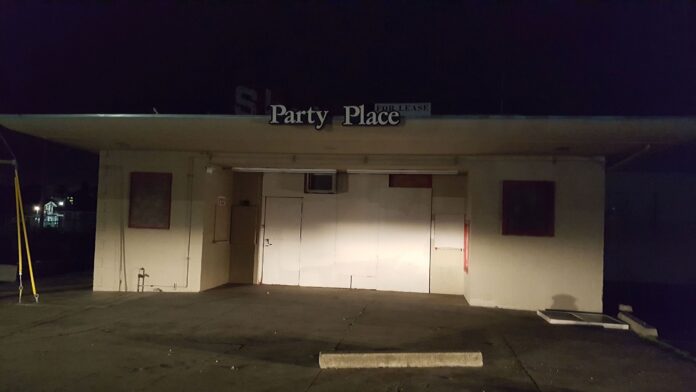The thought of opening a roller rink in a slow economy can keep one up at night. Because when the economy tanks, people have less disposable income, and tend to go out less. However, when it comes to roller skating, history has shown that rinks have fared better during economic downturns, because people tend to stay close to home, and they need an outlet to burn off some steam.
Indoors vs. outdoors
Sure, there are those who will go outdoors to save a buck or two, but the experience is far better in a rink, where there’s no rain, bright sunshine, wild animals, hills, sticks, or potholes to contend with. Plus, there’s music, and your car is never far away, when you’ve had enough.
Can FEC’s survive?
I question whether it is wise to open a full-blown FEC in a slow economy. These are the multi-attraction entertainment complexes with activities that include laser tag, climbing walls, bumper cars, and other games that can slow to a grinding halt, much like a fidget spinner. When parents become more prudent with money during hard times, the larger more expensive to run mini amusement centers will still have high electric bills to pay and will have to charge more. Not all are doomed. As with any business, it all depends on whose running the place, how good is the experience, and if it’s affordable.
The Number of Rinks
In his book, Chicago Rink Rats: The Roller Capital in Its Heyday, Tom Russo documented that in 1949, “roller rinks were still being built and numbered 5,000 — including outdoor, tents, and part-time rinks such as the Chicago Coliseum and Chicago Stadium.” According to Ginger Mathews, aka The Skate Critic, by 2022, that number dwindled to around 1,130 rinks in the USA. Most of them privately-owned indoor venues, with increasing land values and a higher tax base.
When Skating was Extremely Popular
During the Great Depression, roller skating was extremely popular, because it helped people take their mind off their troubles, if only for a few hours. Plus, it didn’t cost very much. It’s been touted as the original “social network” where teens went every weekend to meet their friends and make new ones.
When the gas shortage, high inflation, and unemployment, crippled the economy during the 1970s, once again, roller rinks thrived. All rink operators had to do was open the door, and people would show up in droves, thanks to the popularity of disco music. Disco has a beat that works well with roller skating, and it was popular across multiple demographics.
Investors
Because of roller skating’s surge in popularity during that era, investors began opening rinks across the country, many who had no skate center experience. That lack of knowledge, paired with the desire for fast cash, produced some disastrous results, which gave the industry, as a whole, an undeserved reputation. The skating centers that survived through good times and bad had experience, understood the real costs and risks involved, and are constantly going through upgrades.
History repeats itself
Similar to the 1970s, once again rising inflation is keeping people closer to home. Also like the 1970s, rinks are filling up with some turning away people at the door, when they reach their occupancy limit. That’s something we haven’t seen in decades. These are traditional, old-fashioned roller rinks, in small towns and big cities across the USA.
Why Experience Matters
Along with higher attendance levels, the interest in skating rinks as an “investment” is also piquing. These are people with no rink experience who are trying to open one. Which is why lenders want to see around 2-3 years of experience working in a roller-skating rink. It is vital that prospective entrepreneurs understand what they’re getting themselves into, because it can be a high risk for any lender, especially if their borrower has never skated or worked in the roller skating industry. The best owners are always in their rinks. It is not a weekend job.
Do your homework, make sure you have everything covered in your business plan, and spend time working in a skating rink. When rinks have the right owners, the business will thrive in a crappy economy, and remain steady when the tide turns. Roller skating is fun, and it’s close to home.


